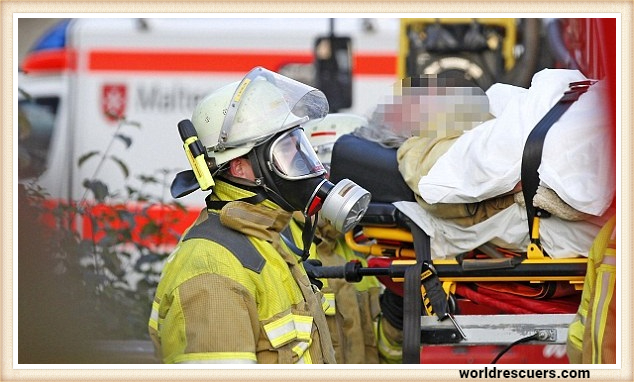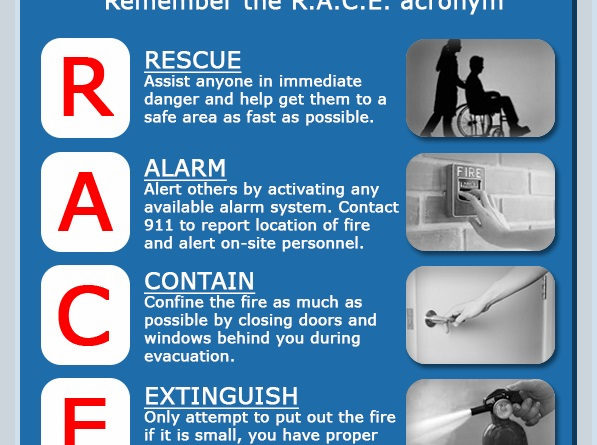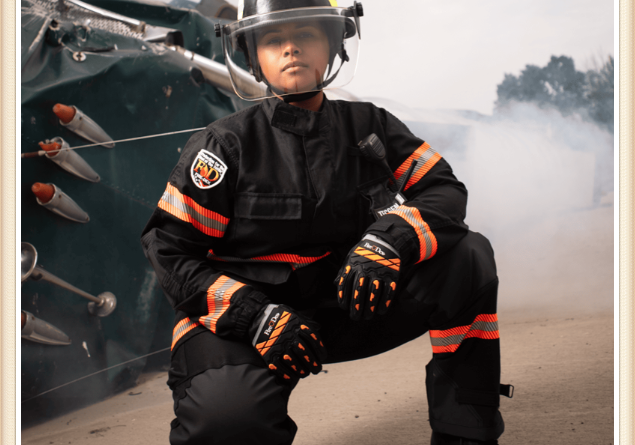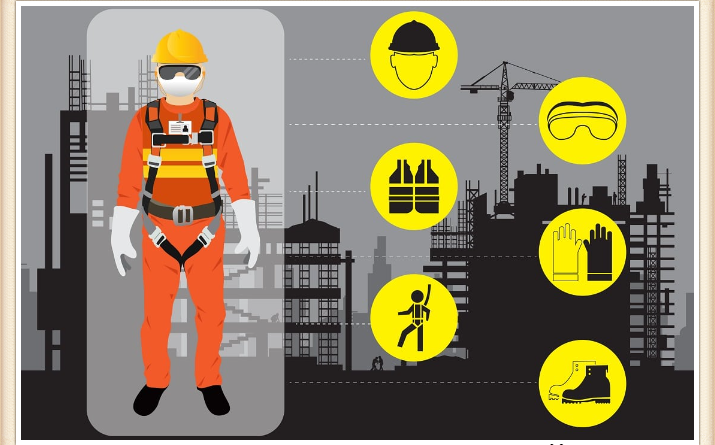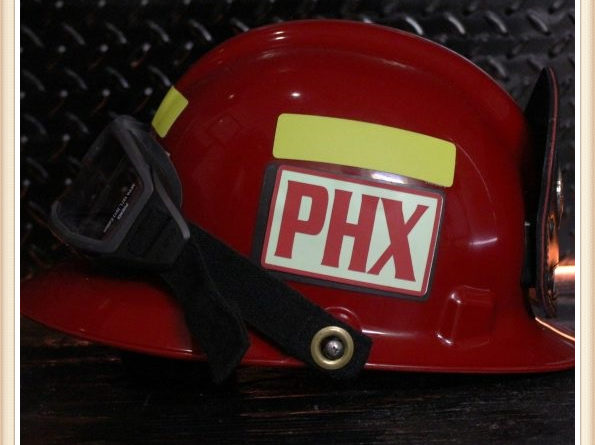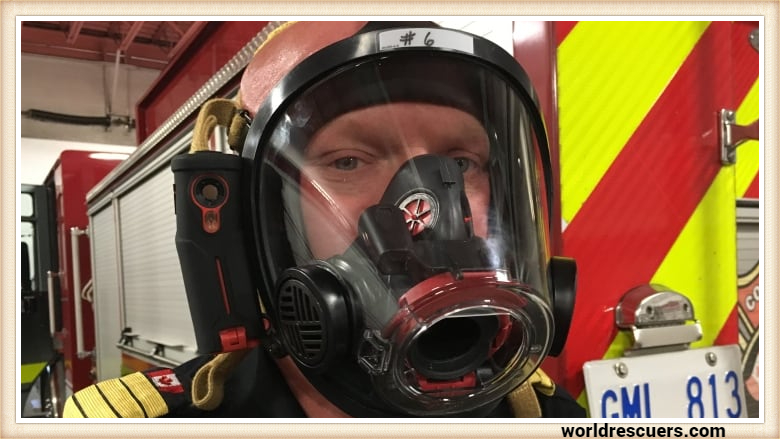
Summary
In conclusion, gas masks play a critical role in personal safety across different sectors. Whether it’s military-grade protection, civilian applications, or industrial use, these masks provide a vital defense against chemical gases and respiratory hazards. Understanding their types, uses, and safety measures is essential for anyone looking to stay safe in potentially dangerous environments.
Remember that while these masks are a powerful tool for protection, they are most effective when combined with proper training and maintenance. Stay informed, stay safe, and be prepared for any situation where a gas mask could make all the difference.
In a world filled with potential hazards, personal safety is paramount. One essential piece of personal protective equipment that has evolved over the years to safeguard individuals from a range of threats is the gas mask. In this comprehensive guide, we will delve into the world of gas masks, exploring their types, uses, and the importance of safety.
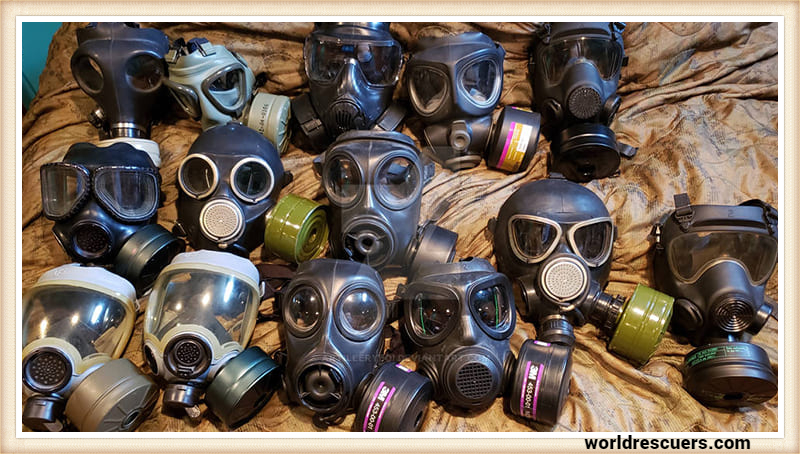
Types of Gas Masks
These masks come in various forms, each designed for specific purposes. The primary types include:
Military-Grade Protection:
These masks are engineered to withstand extreme conditions and provide the highest level of protection against chemical, biological, radiological, and nuclear (CBRN) threats. They are commonly used by military personnel and first responders.
Civilian Applications:
These masks designed for civilian use are more lightweight and versatile. They are suitable for protection against smoke, airborne pollutants, and chemical gases during emergencies or in industrial settings.
Air-Purifying Respirators:
These masks filter out harmful particles and contaminants from the air, making them ideal for protection against dust, smoke, and toxic fumes in various industries.
Uses of Gas Masks
These masks have a wide range of applications, making them an essential piece of safety equipment:
Military and Defense:
Military-grade masks are crucial for soldiers, providing protection in combat zones and during chemical warfare. They are designed to ensure the wearer’s safety in the most hostile environments.
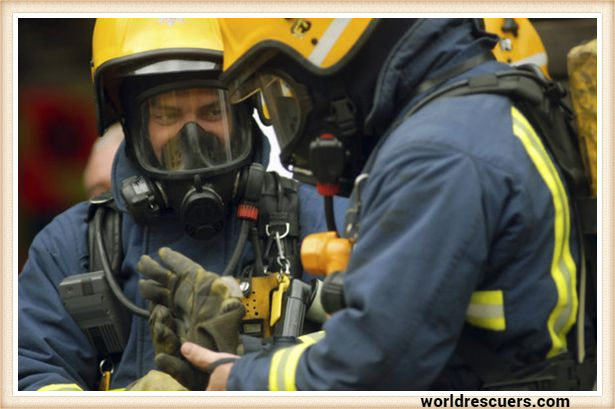
Industrial Settings:
In industries where workers are exposed to hazardous chemicals or fumes, civilian gas masks are employed to safeguard employees’ health. They are particularly useful in chemical plants and laboratories.
Emergency Situations:
During disasters such as fires, gas leaks, or natural disasters, gas masks can protect individuals from toxic gases and smoke inhalation, allowing for safer evacuation or rescue operations.
Safety Precautions
While these masks are effective at providing protection, they require proper usage and maintenance to ensure safety. Here are some safety precautions to consider:
- Fit and Seal: A proper fit and seal are crucial for gas masks to be effective. Ensure that the mask forms a secure seal around your face to prevent contaminants from entering.
- Regular Maintenance: Gas masks should be inspected regularly for signs of wear and tear. Check for damaged straps, valves, or filters, and replace them as needed.
- Training: Proper training is essential for anyone using a gas mask. Familiarize yourself with the mask’s features and practice putting it on quickly to ensure readiness in emergency situations.
Gas Mask Evolution and History
The history of these masks dates back to the early 20th century, with their significant use during World War I. The introduction of chemical warfare in this war led to the development of the first gas masks, designed to protect soldiers from deadly gas attacks.
Since then, these masks have evolved significantly, becoming more efficient, comfortable, and adaptable to various situations. Today’s gas masks are a testament to innovation and engineering excellence, offering a higher degree of protection than their predecessors.
FAQ’s
Do gas masks protect against all gases?
These masks are designed to protect against specific gases, so their effectiveness depends on the type of gas and the mask’s capabilities.
Do gas masks protect against mustard gas?
Yes, these masks can protect against mustard gas when equipped with the appropriate filters.
Is it worth buying a gas mask?
Buying this mask is worth it for specific situations where respiratory protection is essential, such as in hazardous environments or during emergencies.
Why were people wearing gas masks?
People wear these masks to protect themselves from inhaling harmful gases or chemicals in various situations, including warfare, industrial accidents, and emergencies.
Highly trained Assistant Fire Chief dedicated to public safety and awareness for the past 16 years. Effective leader who remains steady during times of emergency, while directing and motivating team members throughout crises.

